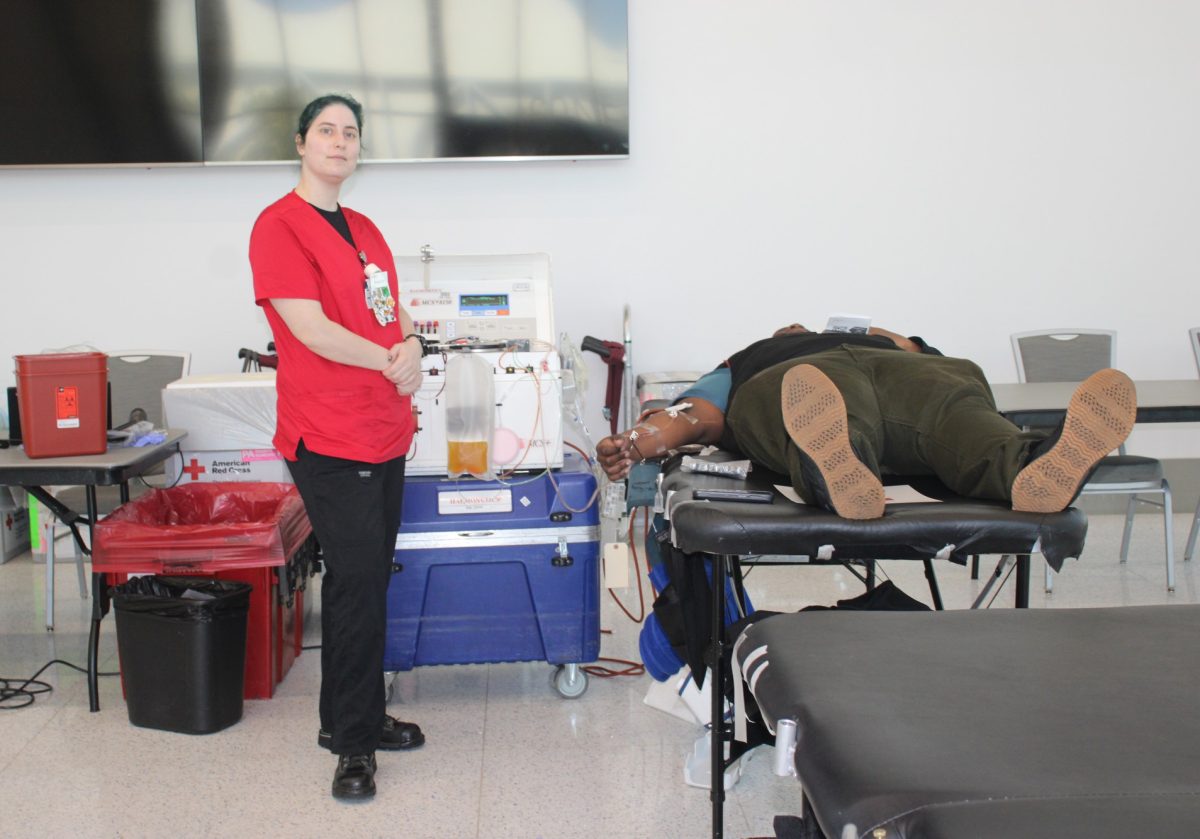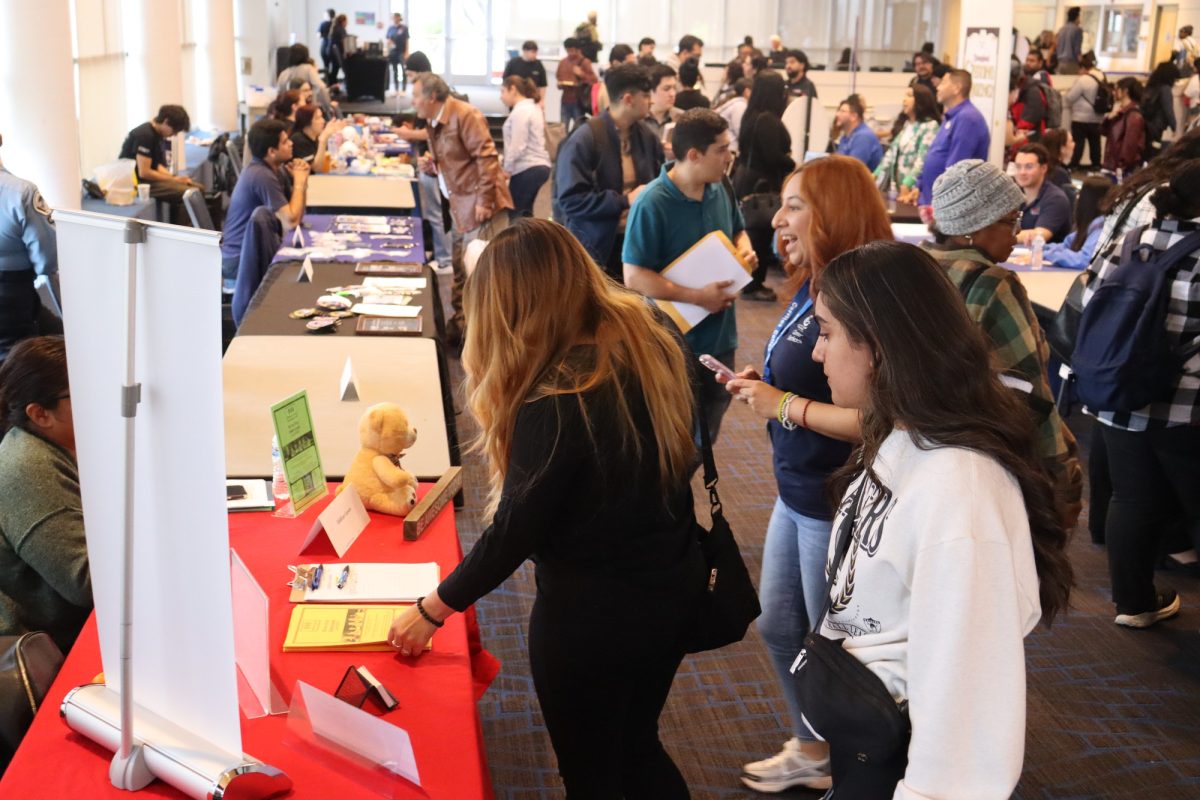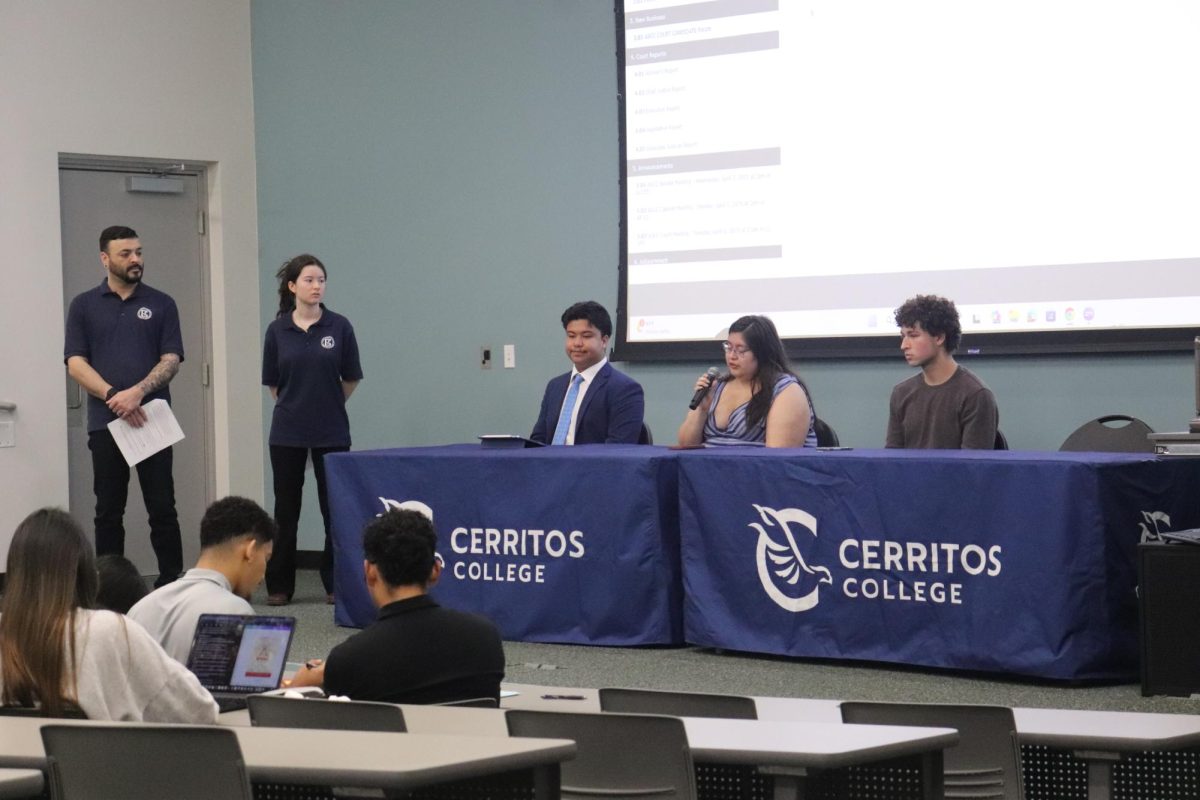Many students were surprised to learn that the transfer cost of riding the Metro bus, and, then, a Long Beach Transit or Norwalk bus was now $2.25 as opposed to the previous $1.85.
“I don’t think the transfers are fair; they’re $2.25. [It’s] more money out of (students’) pockets. It’s basically – how am I going to get to school, am I going to have enough money to get to school and back? That’s what I think,” Cynthia Rodriguez, psychology major, said.
This new fare structure was implemented on Metro bus transfers. It wasn’t the only fare to go up in price.
According to Rick Jager, from Metro Media Relations, “Staff indicated that by 2015, unless the fares were adjusted to the deficit, it could reach a $38 million growth, to about $225 million over a 10-year period if something wasn’t done.”
The new fare structure resulted in a 25-cent increase to regular fare, from $1.50 to $1.75. A day-pass will increase from $5 to $7, the weekly pass from $20 to $25, the 30-day pass from $75 to $100 and the EZ Pass from $84 to $110.
The las fare hike was in July of 2010, when regular fare was $1.25, according to http://thesource.metro.net.
Jager added, “[We] held a lot of public hearings and getting public input in terms of the proposed fare structure and our board ultimately made the decision of doing a one-year fare increase. Staff had recommended a three-phase approach in terms of raising the fares, but the board opted to just approve a one-year increase and then look internally to see if (the board) could save money.”
If the three-phase plan had been chosen, it would have resulted in a further fare hike in 2017 and 2020, if the deficit had not been fixed.
The problem with the current deficit is that the fare prices only cover 26 percent of operating cost.
The average Metro fare when discounts are factored in is only 70-cents, according to a media release from Metro.
Jager added, “Normally through a public hearing process, when we go out trying to bridge the deficit, a lot of people may not like the fare increase, but (people) would prefer fare increases over service cuts. So, in order to maintain the level of service that we have, something had to give, otherwise, we’d face a large deficit for the next 10 years.”
Some students were surprised when they had to pay more for the transfer, but others weren’t.
“I had to find out the hard way,” Alexis Diaz, arts major.
“I haven’t really looked into it, (the fare is) worth more than I spend on a weekly basis,” he added.
Francely Pascual, English major, said, “It (hits) everyone because you have to pay more.”










